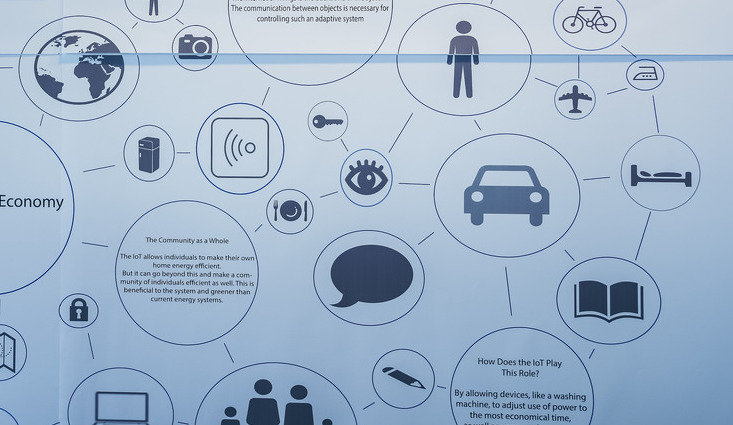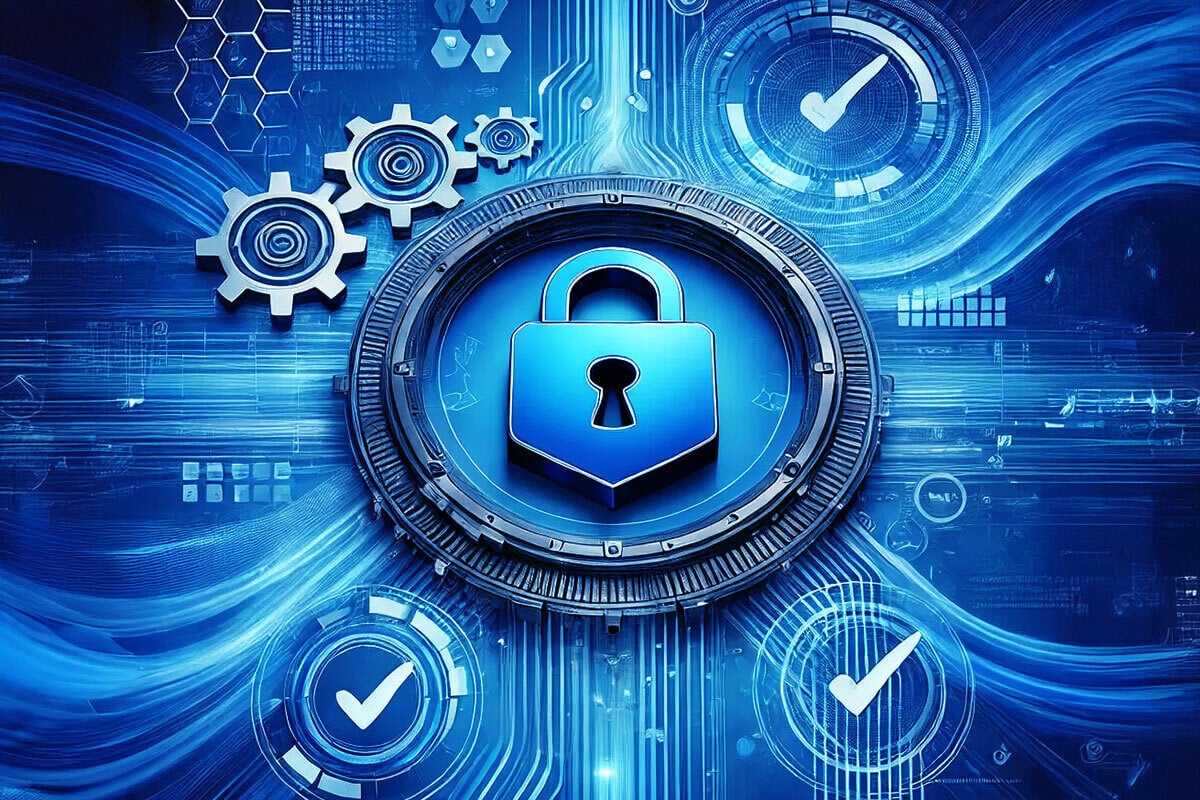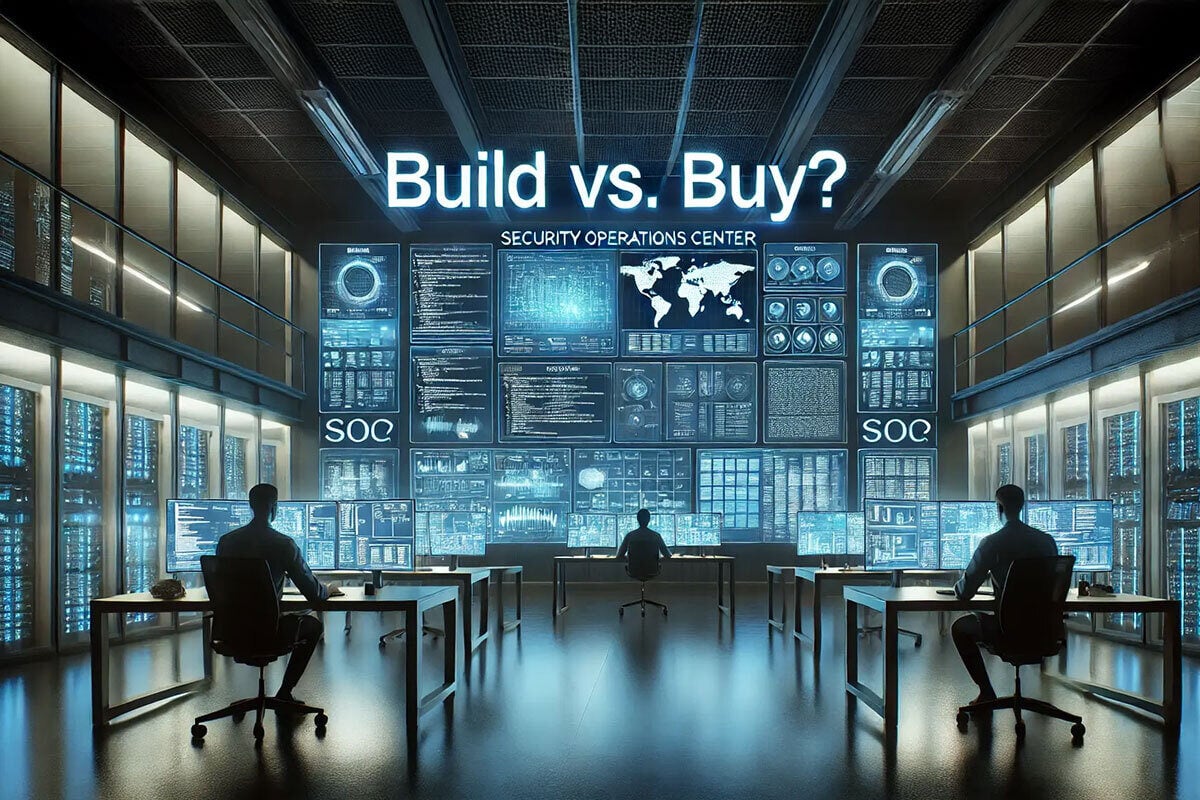IoT Impact and Evolution in the Next Decade

Some of the most beneficial IoT implementations on the market relate to sensors and smart devices designed to reduce operational costs and improve productivity and processes. Perhaps some of the most obvious benefits of IoT solutions apply to industrial systems that have addoped sensors for getting live telemetry from critical systems. However, while IoT solutions can have obvious benefits and bring about significant progress, security concerns should not be dismissed.
Some of the biggest impacts of IoT implementations concern transportation and healthcare. Sensors have made a huge difference in transportation, such as driverless cars and medical devices designed to monitor patients outside hospitals’ premise. Companies have embraced IoT sollutions more openly than regular consumers, as using such sensors not only helps them lower operational costs, but also increase productivity and even expand to new markets by developing new product offerings.
IoT will revolutionize consumer experience by bringing forward a completely new way of interacting with their environment along with more insight into how to maximize productivity and improve healthcare. Seamless integration across smart home network device and appliances will significantly boost usability and customer experience, while offering new oportunities for manufactures to address specific customer needs. Interconnectivity and analytics will become key differentiators for creating new consumer experiences and products.
The cognitive business area will be supercharged by the amount of data funneled from IoT devices, driving new customer experiences and even discovering new business oportunities based on collected and aggregated intelligence. Data analytics will also enhance the value of IoT implementations, potentially opening up a new generation of IoT devices that seamlessly integrate with our environment, daily lives and even our organization.
In the next decade, anything that can be connected to the internet probably will. To this end, we will have the ability to add sensors and control most anything from our mobile device or any other terminal with an internet connection.
However, IoT device’s will need to rely on some common security or manufacturing framework, as currently manufactures are building single products, not integrated products. This will likely change as new standards and regulations are imposed by designated organizations.
Besides having a unified ecosystem for all IoT devices, we’ll also have to aggregate, analyze and use the data from all smart things to make informed decisions either for security or operational reasons. We’ve just begun experimenting and exploring the IoT universe, meaning that we’ve yet to understand or fully predict how these devices will integrate into our lives in the next decate. The optimistic way of looking at it leads us to believe that they’ll help augment our daility activities and provide more insight into our daily lives.
tags
Author

Liviu Arsene is a Global Cybersecurity Researcher for Bitdefender, with a strong background in security and technology. Researching global trends and developments in cybersecurity, he focuses on advanced persistent threats and security incidents while assessing their impact in critical public and private business infrastructures. His passions revolve around innovative technologies and gadgets, focusing on their security applications and long-term strategic impact.
View all postsRight now Top posts
FOLLOW US ON SOCIAL MEDIA
SUBSCRIBE TO OUR NEWSLETTER
Don’t miss out on exclusive content and exciting announcements!
You might also like
Bookmarks










